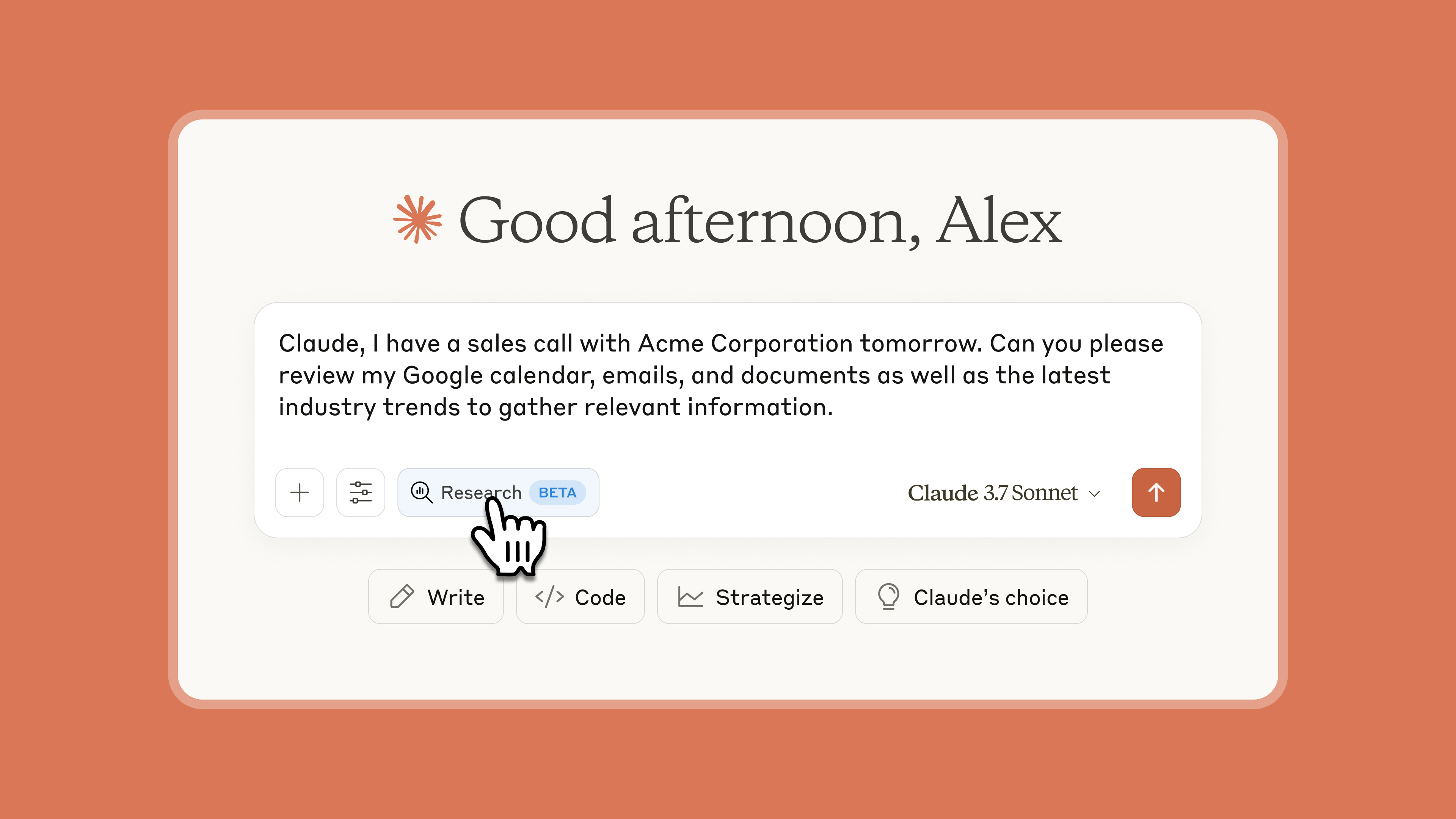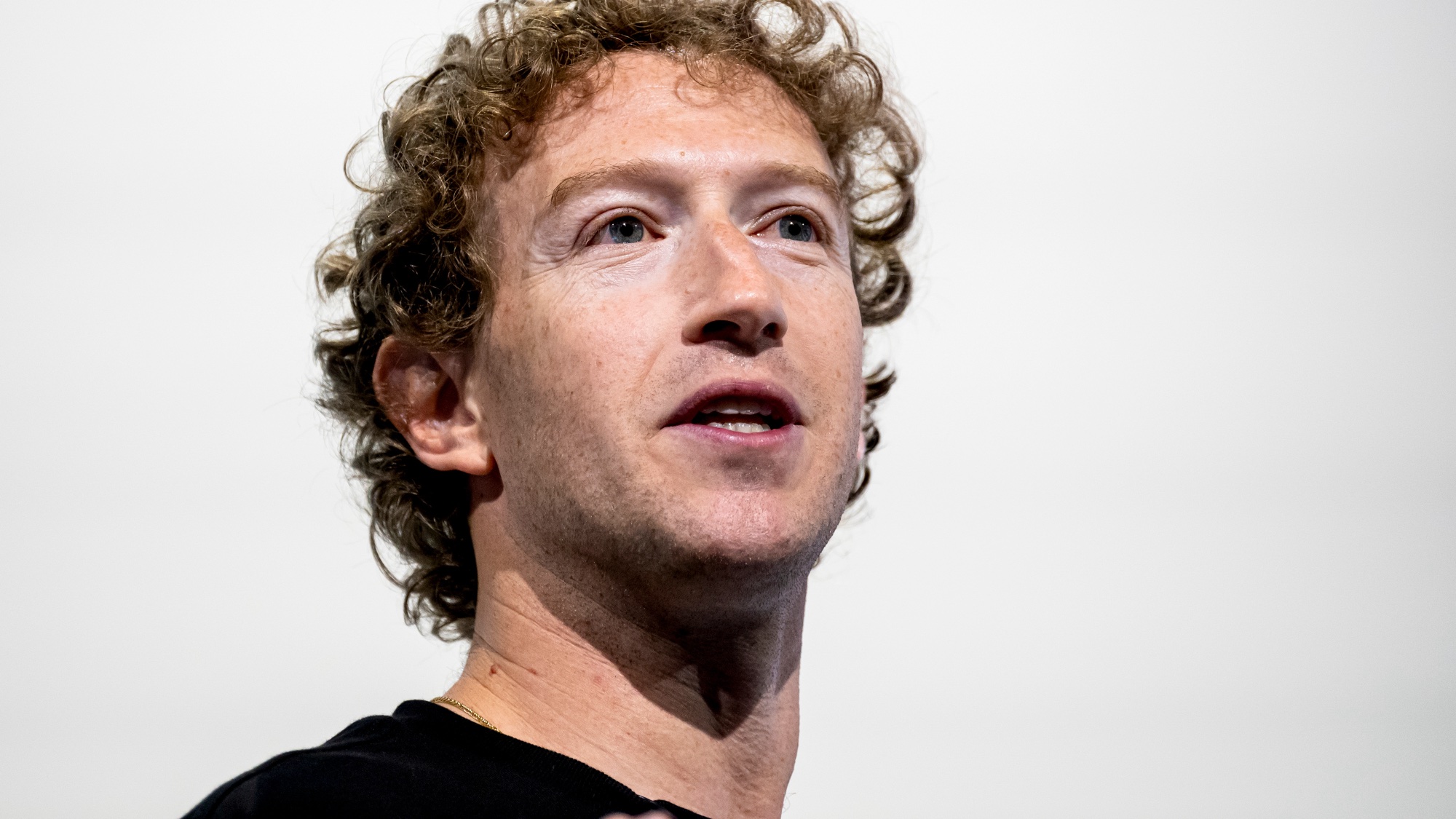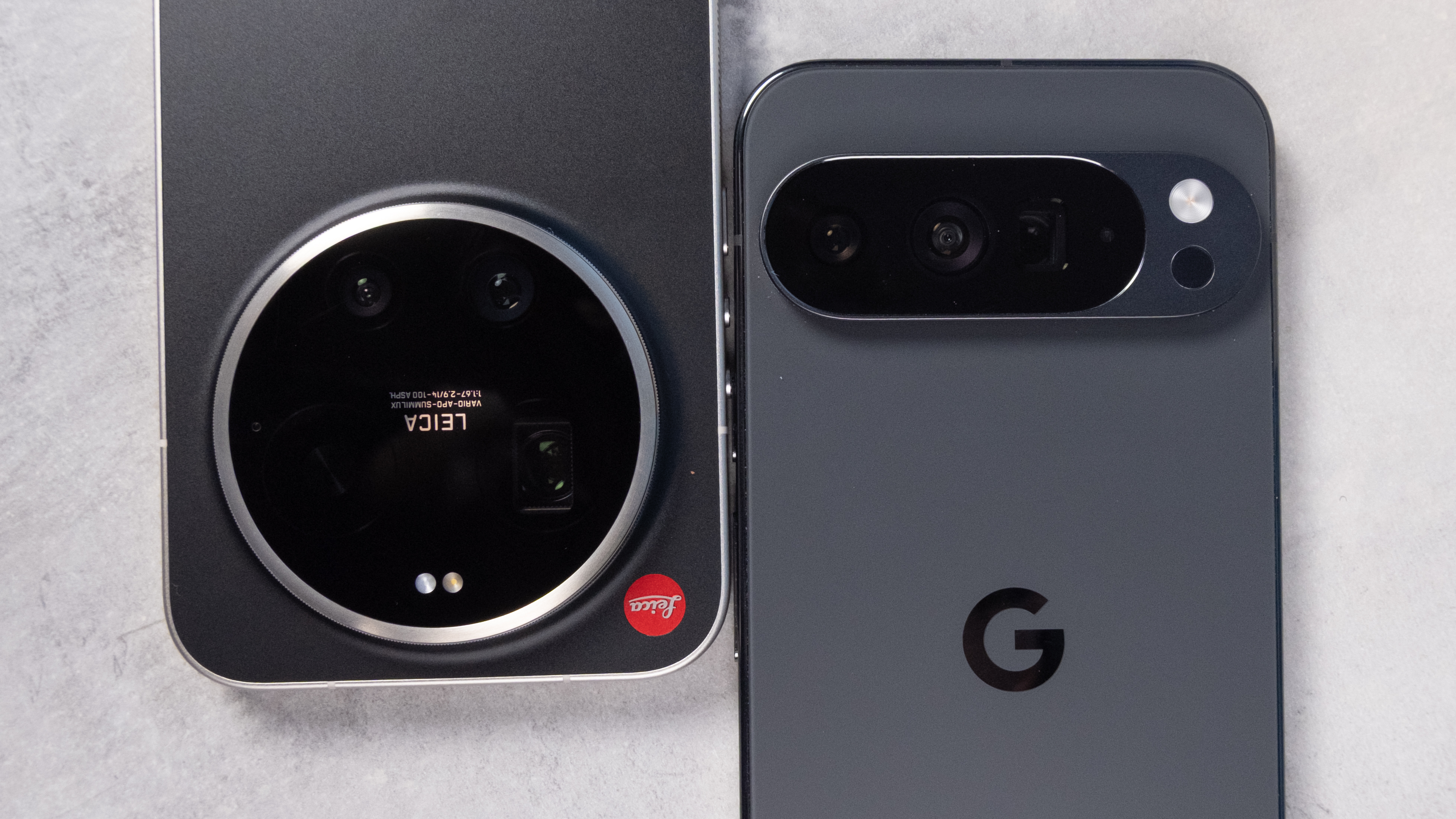Anthropic CEO claims AI will cause mass unemployment in the next 5 years — here's why
The call is coming from inside the house

Here at Tom’s Guide our expert editors are committed to bringing you the best news, reviews and guides to help you stay informed and ahead of the curve!
You are now subscribed
Your newsletter sign-up was successful
Want to add more newsletters?
Join the club
Get full access to premium articles, exclusive features and a growing list of member rewards.
In recent months, multiple companies have taken strong stances on choosing AI over new employees, signalling a major change in the job market. And, according to one of AI’s biggest CEOs, things are only going to get worse.
In an interview with CNN’s Anderson Cooper, Anthropic CEO Dario Amodei said, “AI is starting to get better than humans at almost all intellectual tasks, and we’re going to collectively, as a society, grapple with it.”
“AI is going to get better at what everyone does, including what I do, including what other CEOs do.”
Anthropic is the company behind Claude — one of the biggest and most popular AI models in the world right now. The company recently launched its latest version of the system, known as Claude 4 Sonnet and Opus. Our own testing (and comparisons against ChatGPT) convinced us Anthropic’s newest model is one of the best AI systems to date.
In a separate interview with Axios, Amodei explained his beliefs that AI tools could eliminate half of entry-level white collar jobs and boost unemployment to as much as 20% within the next five years.

Why is this important?
Experts and researchers have been telling us this for years now, so why is this any different? As the CEO of Anthropic, Amodei is right in the eye of the storm. While AI has already proved its abilities in creative formats like writing, as well as image and video generation, it's the next frontier that is concerning.
Meta CEO Mark Zuckerberg has stated that he wants AI to do half of Meta’s coding by 2026 and Microsoft’s CEO Satya Nadella said as much as 30% of his company’s code is currently being completed by AI.
Get instant access to breaking news, the hottest reviews, great deals and helpful tips.

This is all part of AI’s latest party trick. Across all of the major AI models, the ability to deal with code has grown exponentially. Not only can these models code based purely on prompts, but for those more experienced in programming, it can check through their work, drop in pre-made blocks and take on time-intensive tasks like debugging.
This could render a large number of jobs in the coding industry obsolete, but also shows a movement of AI into complicated thought patterns, able to complete multiple steps in a tasks.
During his interview, Amodei said Anthropic tracks the number of people who say they use its AI models to build on human jobs versus those entirely automating those jobs.
This is something that has before held the system back from taking on more jobs, only able to complete tasks within the confines of a chatbot or generator.
During his interview, Amodei said Anthropic tracks the number of people who say they use its AI models to build on human jobs versus those entirely automating those jobs. Currently, it’s about 60% of people using AI for augmentation and 40% for automation. However, that replacement number is growing and it is a trend being seen in some of the largest companies like Shopify and Duolingo.
With artificial intelligence tools expanding faster than regulators can move, it's highly likely this will become an ever-increasing topic for society to grapple with. In the midst of all of it, Amodei’s advice for the average person is what you'd expect: learn to use AI.
More from Tom's Guide
- I put ChatGPT vs Google Gemini to the test to see which is better at meal prep — here’s the winner
- Forget ChatGPT — I prefer to use Gemini for these 3 things
- I practiced my conversation skills with Udemy's new AI simulator — here's how it went

Alex is the AI editor at TomsGuide. Dialed into all things artificial intelligence in the world right now, he knows the best chatbots, the weirdest AI image generators, and the ins and outs of one of tech’s biggest topics.
Before joining the Tom’s Guide team, Alex worked for the brands TechRadar and BBC Science Focus.
He was highly commended in the Specialist Writer category at the BSME's 2023 and was part of a team to win best podcast at the BSME's 2025.
In his time as a journalist, he has covered the latest in AI and robotics, broadband deals, the potential for alien life, the science of being slapped, and just about everything in between.
When he’s not trying to wrap his head around the latest AI whitepaper, Alex pretends to be a capable runner, cook, and climber.
You must confirm your public display name before commenting
Please logout and then login again, you will then be prompted to enter your display name.
 Club Benefits
Club Benefits




















